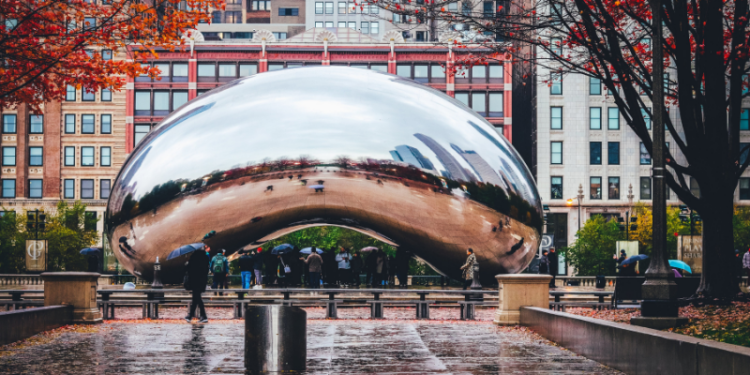On Thursday, November 21st, the Illinois Supreme Court reversed Jussie Smollett’s 2021 conviction, citing due process violations in his second prosecution. The court highlighted that the original dismissal of charges by Cook County prosecutors in 2019, following an agreement, barred further legal action. Smollett had been convicted for staging a 2019 hate crime and falsely reporting it to police, but the court ruled the second prosecution violated his constitutional rights.
Smollett’s legal troubles began when he reported being attacked in Chicago by men yelling racist and homophobic slurs. A jury later found he orchestrated the incident, paying two acquaintances $3,500 to stage the attack. Despite this, the Illinois Supreme Court emphasized the state’s duty to honor agreements made with defendants, noting that re-prosecution undermined public trust in the justice system. The ruling referenced similarities with the overturned conviction of Bill Cosby, underscoring the broader implications for prosecutorial integrity.
Cook County State’s Attorney Kim Foxx, who initially dropped Smollett’s charges, faced criticism for her handling of the case. Her decision led to the appointment of special prosecutor Dan Webb, who successfully pursued Smollett’s conviction in 2021. However, the Illinois Supreme Court found that Foxx’s initial dismissal of charges rendered the subsequent prosecution invalid. Webb expressed disappointment, asserting the ruling did not question the evidence of Smollett’s guilt or the jury’s unanimous verdict.
The court’s decision drew mixed reactions. Smollett’s attorneys celebrated the ruling as a victory for the rule of law, condemning the prosecution as vindictive. Conversely, Chicago officials, including Webb, stressed that the ruling did not absolve Smollett of wrongdoing. The city intends to proceed with a civil lawsuit to recover over $120,000 spent investigating the alleged hoax, maintaining that Smollett’s actions strained police resources.
This decision reignites debate over the justice system’s role in balancing accountability with procedural fairness. While Smollett has served a portion of his sentence, the ruling erases his criminal record from this high-profile case. The Illinois Supreme Court’s ruling also highlights the importance of adhering to legal agreements to maintain public confidence in the judicial system.
As the city prepares its civil case against Smollett, the controversy surrounding the actor’s alleged actions and their fallout continues to capture public attention. For many, the case serves as a stark reminder of the complexities within the intersection of law, politics, and public opinion.









